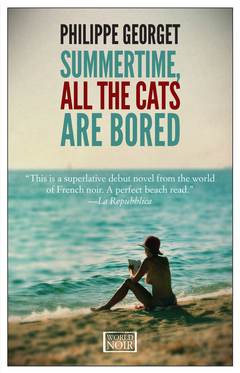World was in the face of the beloved—,[Another translation here.]
but suddenly was all poured out.
World is outside. World cannot be grasped.
Why, when I raised to my lips the full,
beloved face, did I not drink in world,
which was so near I tasted its bouquet?
Ah, I drank. Insatiably I drank.
But already I was overbrimming
with too much world, and as I drank I spilled.
— Rainer Maria Rilke (tr. Edward Snow)
I'm putting this volume of poetry to bed.
It's a beautiful edition. I love having the German side by side with the English. I love pretending I can read it aloud competently. If nothing else, it gives a good sense of the rhyme and rhythm of the original.
I don't like all of Rilke's work — much of it even bores me — but that which resonates with me utterly transports me.
I much prefer his later uncollected poems, which I would characterize as more spiritual and more sensual both, less identifiably about anything.
I've been dipping into this volume for years, but gave vast sections of it a more concentrated look this summer and now I feel glutted.
Too much world.









